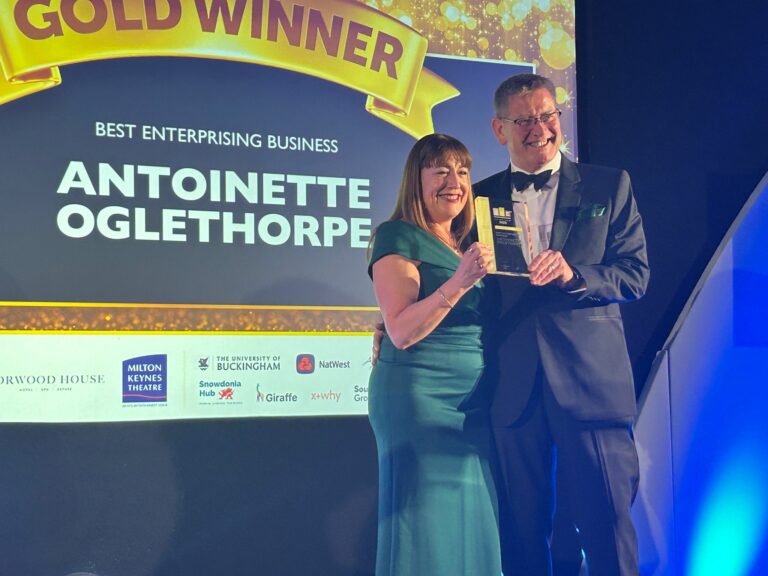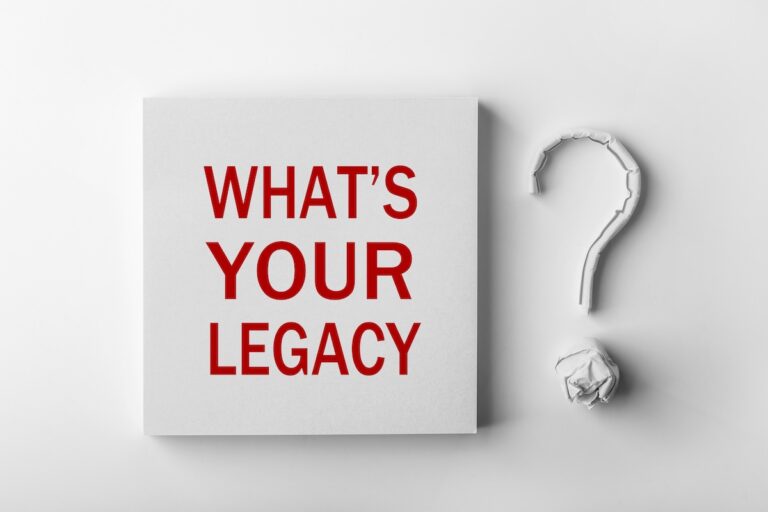Is there one leadership style that is better than others? I don’t believe so. The most important thing is that leaders are versatile and adapt their leadership style to the needs of the situation. That was the challenge one of our clients asked for our help with.Our client was one of the UK’s largest mental health providers with well over 400 staff spread across a wide geographic area.
Their key challenge was to unlock capacity within the organisation by changing the culture and style of leadership from one that was top-down and directive to one that was more empowering and encouraging. In other words, more of a coaching leadership style.
Our Starting Point
Our first step was to define clearly the needed results for the Programme. We found out they were:
* To develop a coaching leadership style that enables leaders to develop and manage staff through transformational coaching rather than transactional management
* To enable leaders to play a visible role in promoting a coaching leadership style throughout the organisation
* To enable leaders to experience coaching themselves and to support critical reflection and discussion on how they could spread a coaching leadership style through the organisation
Four Levels of Learning
We designed a Programme that performed on four different levels:
Level 1: Training – developing coaching skills in the controlled environment of an initial two-day workshop that introduced a solution-focused coaching model and integrated theory with skill practice
Level 2: Application & Reinforcement – applying skills by coaching direct reports and others in the workplace
Level 3: Receiving coaching – developing their leadership skills through one to one executive coaching with an external coach
Level 4: Peer support and supervision – integrating a coaching leadership style through the organisation by supporting one another to reflect on experience
Programme Structure
The programme required participants over 6 months to:
* Attend 5 days of coaching workshops and supervision
* Apply their coaching skills in managing their direct reports
* Receive 6 coaching sessions from an external executive coach
* Complete a reflective learning journal
Impact of the Programme – Coaching Leadership Style
The volunteers who took part in the first two cohorts got so much value from the Programme that they quickly recommended it to others. In the words of one manager
“Your enthusiasm and energy made this the single most enjoyable and rewarding programme I’ve experienced. I’ve seen big improvements in my work as a result and hope to reap the rewards for some time to come”.
A total of 200 managers took part in the Programme with excellent feedback and results. The positive effects of the Programme and participants new way of managing started rippling through the organisation. These included:
* Less negativity and a more positive culture
* Team members empowered and energised, giving everyone more time
* Staff becoming more self-reliant and less dependent
* People feeling more positive and enjoying work, therefore, being more proactive
* Making greater progress and moving things forward
* Improved relationships
* More frequent celebration of progress
* More action, less discussion
The response from the HR Director was:
“The impact of the coaching programme has been far greater than we’d expected – we’re getting very positive responses. It has taken hold and is improving managers confidence and performance. Managers have reported spending less time on problems and “why it’s not fair”. They also talk about a decrease in anxiety and an increase in ability and action. The solution focused coaching approach is rippling through the organisation and becoming the way we do things around here”.



